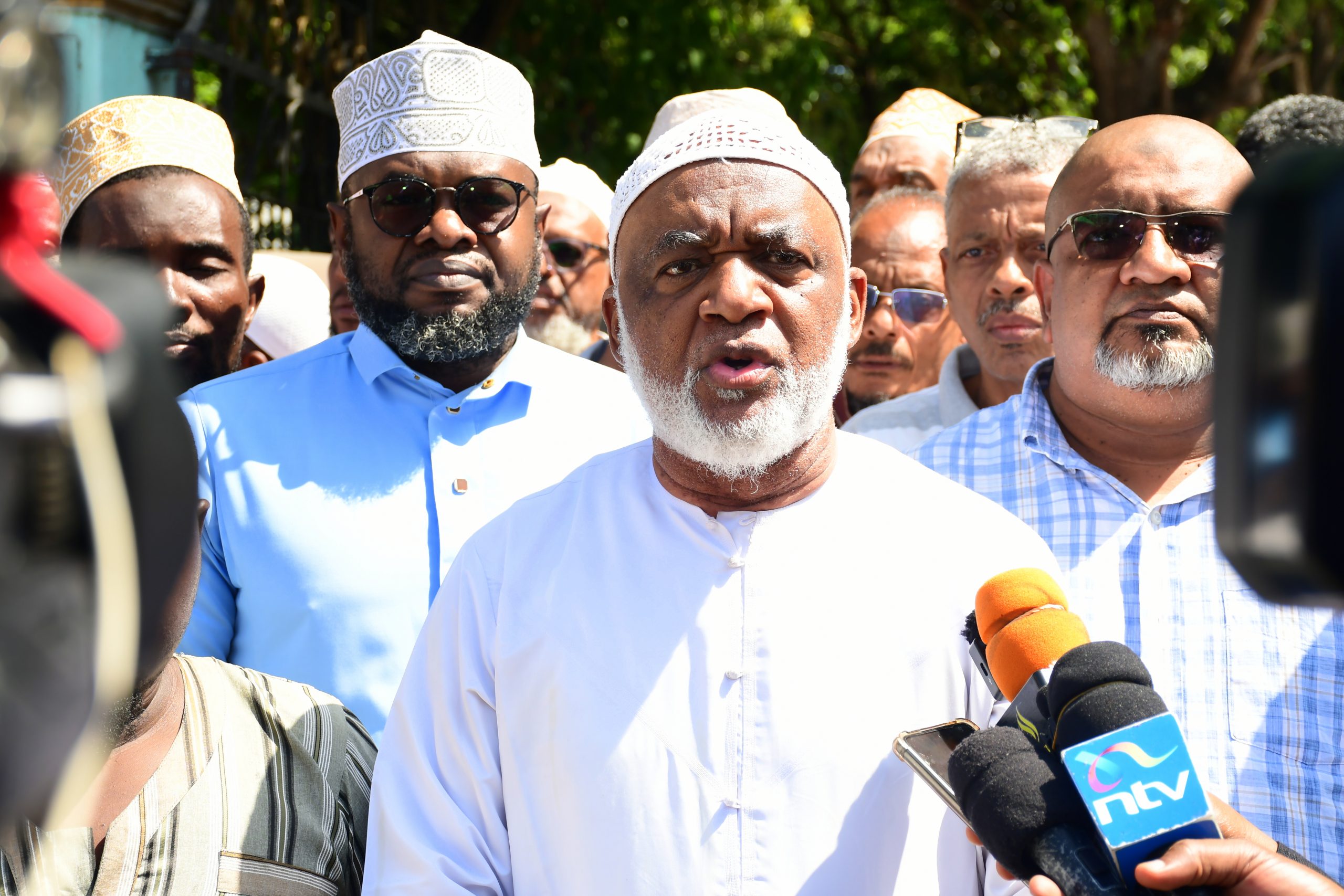
Muslim clerics fault Supreme Court verdict on inheritance rights
A section of Muslim religious leaders at the Coastal region have strongly opposed a recent Supreme Court ruling that allows children born out of wedlock to inherit property from their deceased Muslim fathers, terming it a violation of Islamic law and the jurisdiction of Kadhi courts.
Speaking during a press briefing in Mombasa, the clerics said the judgment undermines constitutionally recognized religious freedoms and contradicts the teachings of Islam regarding inheritance.
They called on the government and legal institutions to intervene and protect the application of Islamic Personal Law as guaranteed in the Constitution.
Sheikh Abu Qatada, Chairperson of the Pwani Patriotic Religious Leaders, expressed concern that the court’s decision disregarded the role of Kadhi courts in adjudicating family matters among Muslims.
“We are perturbed by the Supreme Court ruling that equates the inheritance rights of children born outside wedlock with those born within a marriage. Our country acknowledges freedom of religion and family matters are central to our faith. We urge the court to leave such matters to the Chief Kadhi, whose guidance is based on the Qur’an, not man-made law,” said Sheikh Qatada.
The ruling in question was issued on June 30, 2025 in the case of Fatuma Athman Abud Faraj vs Ruth Faith Mwawasi & Others (SC Petition No. E035 of 2023).
The Supreme Court dismissed an appeal seeking to exclude children born out of wedlock from inheriting under Muslim law holding that such exclusion was discriminatory and contrary to Articles 27 and 53 of the Constitution.
According to the Court, while Article 24(4) of the Constitution allows the application of Muslim law in personal matters, it does not provide a blanket exemption from the equality provisions under Article 27.
The Court ruled that denying inheritance based on the circumstances of a child’s birth, was unjustifiable and not in the best interest of the child.
However, Muslim leaders argue that the ruling infringes on the autonomy of the Kadhi courts, which are constitutionally established under Article 170 to handle matters of marriage, divorce, and inheritance for Muslims.
Abu Muhsin, a Muslim faithful, questioned why the Supreme Court would overrule decisions best handled by the Kadhi.
“Why does the Supreme Court undermine the Chief Kadhi on matters assigned to him by the Constitution? This judgment disregards our religious laws,” he posed.
The clerics and Muslim community members outlined their demands, including legal action by the Attorney General, the Chief Kadhi and the Law Society of Kenya to challenge the ruling.
They further called on Muslim lawmakers to introduce legislation affirming the full jurisdiction of Kadhi courts over Islamic personal law and to safeguard against secular interference in religious matters.
“We are collecting signatures from Muslims nationwide to petition Parliament and the Senate for a reversal of the ruling and protection of our constitutional rights,” said Muhsin.
The faithful maintained that while they respect the judiciary, they expect sensitivity to the religious frameworks that govern the lives of millions of Kenyan Muslims.
“We must never allow our faith-based legal systems to be overridden by decisions that ignore their importance in our community,” he added.
The Supreme Court has referred the matter back to the High Court in Mombasa for the determination of specific entitlements by a different judge, following the conclusion of the appeal process.
